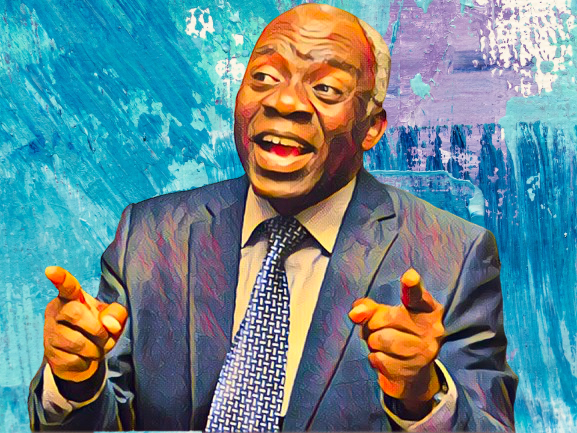Human rights lawyer and Senior Advocate of Nigeria, Femi Falana, has urged the government to stop mobilizing youths to disrupt rallies. He emphasized the importance of engaging with demonstrators who are expressing their grievances. Protesters across Nigeria have taken to the streets, voicing frustrations over rising poverty and the high cost of living.
Falana shared his views during an interview on Channels Television’s “Politics Today.” He said, “We must learn to stop mobilizing people to disrupt rallies. We must stop using traditional rulers and emergency organizations to discredit protests.”
He called on the government to identify and engage with those genuinely aggrieved. “The government must begin to ask, ‘What are your complaints?’ so people feel a sense of belonging,” Falana stated.
Falana also criticized the Lagos and Ogun state governments and the Federal Capital Territory Administration for quickly seeking court orders that restrict protesters to designated areas. These orders limit protests to specific locations like Freedom and Peace Parks in Lagos and the MKO National Stadium in the FCT.
He explained that these court orders were often obtained just 24 hours before protests started, leaving insufficient time to inform the demonstrators. “The government should not rush to court on the eve of a strike or protest,” Falana said. “Such orders are never served on those they are meant to restrain.”
For instance, in Lagos and Ogun State, the orders were not served on anyone. In Abuja, one of the defendants was labeled “unknown persons,” making it impossible to serve the court order. Falana suggested the government could designate protest venues, as done in other countries, and communicate these restrictions well in advance.
“In Lagos, people traveled from about 30-40 km away to protest in Ojota,” he noted. “This was a traditional protest venue before the government sealed it off.” Similarly, in Abuja, protesters used the Unity Fountain near Transcorp Hilton Hotel until it was closed by the FCT Administration.
Falana advised that the government should designate specific venues for protests in every state capital, a common practice in many countries. “Do not rush to court when you have at least two weeks’ notice of an impending protest,” he warned. “Even if the court makes an order, it’s impractical to serve it on everyone.”
Falana’s remarks come amid a wave of protests across Nigeria, with citizens demanding better economic conditions. The government’s response has included attempts to restrict and disrupt these demonstrations, a tactic Falana strongly opposes.
He urged the government to recognize the legitimacy of the protesters’ concerns and engage in meaningful dialogue. By addressing the root causes of the unrest, the government can foster a more stable and inclusive environment.
Falana’s call to action highlights the need for a more democratic approach to handling public dissent. By listening to and addressing the grievances of its citizens, the Nigerian government can promote a more peaceful and prosperous society.



